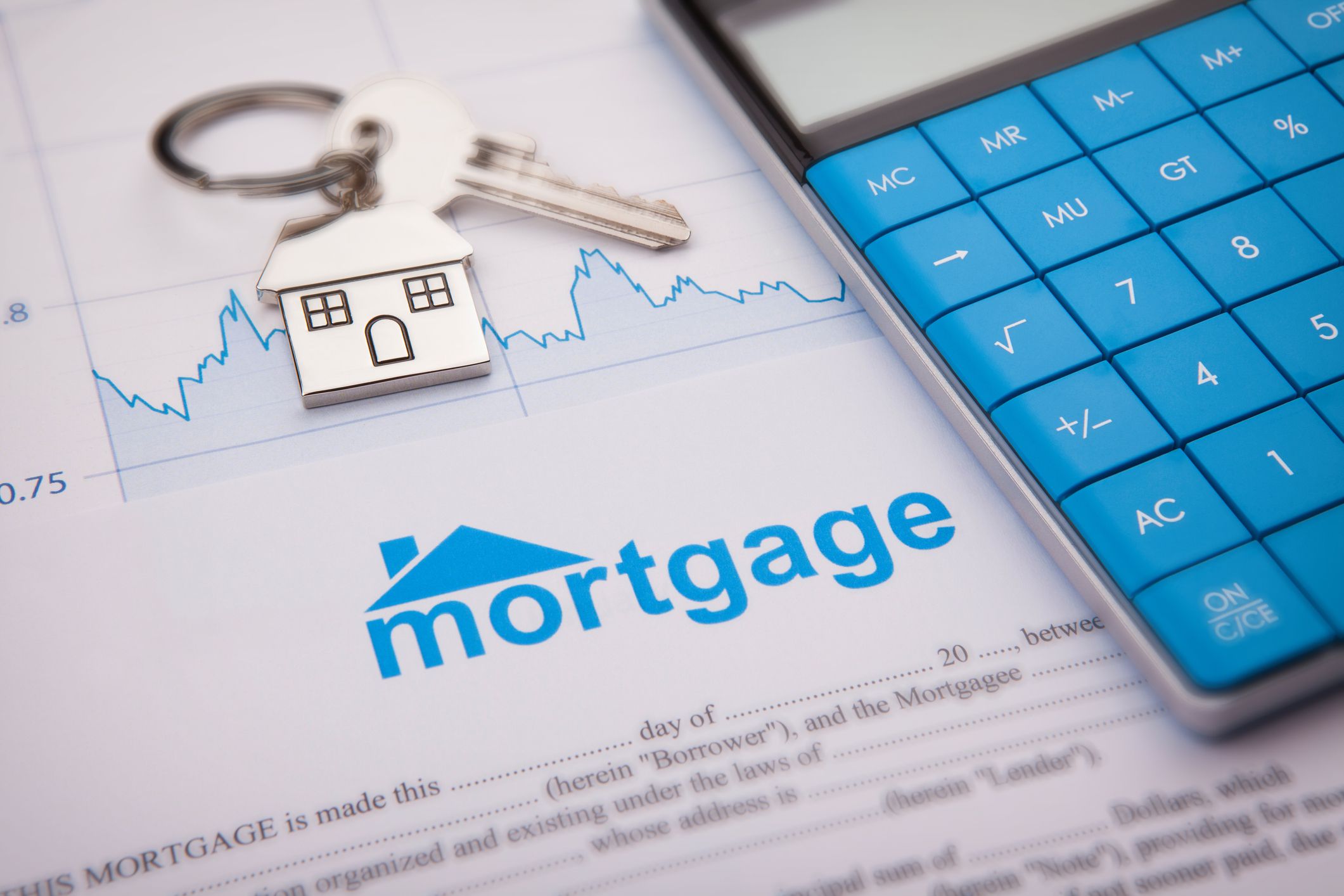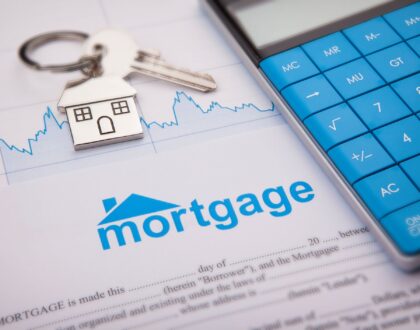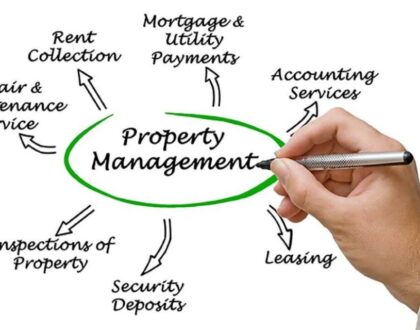What Mortgage Can I Get For An Investment Property?

If you’ve saved a lot of money and are thinking of investing in it, buying an investment property is a very popular choice for Canadians. Think of it as taking out a second mortgage. However, the process of obtaining an investment property mortgage in Canada is not like the mortgage of your first residence. Financing investment property is a great way to earn a consistent income, but it’s important to plan ahead before you apply for an investment property mortgage.
Since you need to meet certain financial criteria to get approved for an investment property mortgage, let’s explore a few things you need when preparing to apply for one and the types of mortgages you can get in Canada.
What is an investment property mortgage?
An investment property mortgage is a loan from a lender or bank that goes towards financing properties containing 1 to 4 units that you intend to rent out and earn money. If you’re considering financing properties with 5 or more units, a commercial mortgage is needed.
If you’re a home or property owner, taking on another mortgage puts you in a high-risk category, and many lenders require proof of financial preparation from you to prove that you won’t default on the investment property loan.
Applying for an Investment Property Mortgage
It is essential before qualifying for an investment property mortgage that you set a short-term goal to prove to lenders that you’re a “low-risk” client. Here is what you need to obtain financing for a new investment property mortgage in Canada.
A Long-Term Plan
Start with outlining your long-term plan on what you want out of your investment property. The following questions are what lenders ask when applying for an investment property mortgage:
- Do you plan to buy more than one investment property, and how will you finance multiple properties?
- How much percentage do you want to put down?
- How long is the time period for holding your investment property?
Excellent Credit Score
Be sure that one of your financial goals is to keep your FICO credit score above 680. You need to prove that you have a consistent record of payments for lenders to consider you as a low-risk candidate.
Proof of Income
You need to provide lenders proof of income. For example, these include copies of pay stubs, letters of employment, a recent notice of assessment from the CRA, completed tax returns, and business registration (if any). Any additional forms of income should be documented and included in your application.
Proof of Down Payment
In most instances, lenders prefer a 20% down payment of the purchasing price. Some lenders will approve a 15% down payment. But be prepared to get charged a higher interest rate and additional financing fees. You need to give your lender the following documentation:
- Proof of down payment from your investment account.
- Bank statements confirming that the full down payment is in your account.
- A home equity line of credit (HELOC) on your main residence, or income from the sale of another property.
- If the down payment is coming from the revenue of another property, you need to provide documentation of proof of sale along with a recent mortgage statement outlining the amount of money generated from the sale.
- Additionally, lenders require closing costs of at least 1.5% of the purchase price.
Current Property Details
If you own additional properties, lenders will require you to submit property tax statements, mortgage statements, and lease agreements if they are being rented out to tenants. What you should be able to prove is that your current properties are cash-flow positive.
In other words, your current properties should indicate that your liquid assets are increasing. In case you need to default on your new investment property mortgage, your other properties will be able to settle debts and pay expenses.
When you are in a position where you have a new investment property mortgage along with other properties, these properties can be used to give back money to shareholders and pay for losses to cover the shortfall on an ongoing basis.
What are the different types of investment property mortgages?
Here are the different types of mortgages that you can get when approved for an investment property mortgage:
Mortgage Down Payment of 20%
Ideally, if you can afford a 20% down payment for an investment property. Lenders consider you low risk and you get a conventional mortgage where mortgage insurance is not required. In most cases, when you put down 20% or more, your mortgage qualifies for a 30 to 35-year amortization period.
Fixed-Rate Mortgages
With fixed-rate mortgages, you get a predetermined interest rate that stays relatively the same during the mortgage agreement. Fixed-rate mortgages typically last for 5 years. Many Canadians prefer fixed-rate mortgages because you don’t have to worry about increased interest rates even if market interest rates fluctuate during the 5 years.
Variable-Rate Mortgages
When it comes to variable-rate mortgages, the interest rate is subject to change when it is reviewed on specific dates during the mortgage term. The lender makes adjustments to the mortgage plan when the interest rate changes, and you must abide by that interest rate until the next evaluation.
Adjustable Mortgage Rates
Adjustable mortgage rates are flexible, as they offer interest rates based on an underlying index. The interest rate that is charged on the mortgage is set by the bank or the lender’s prime lending rate.
Recommended Posts

New mortgage stress test rules are coming June 1
May 21, 2021




[…] at the onset of the pandemic, Minh wondered whether home prices would finally come down a bit and her dream might come […]